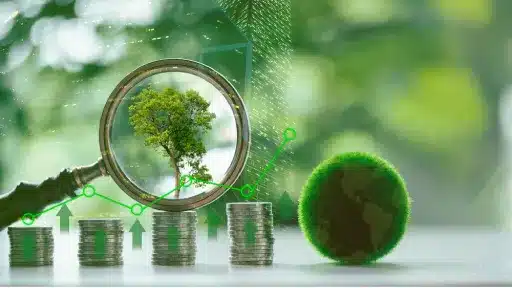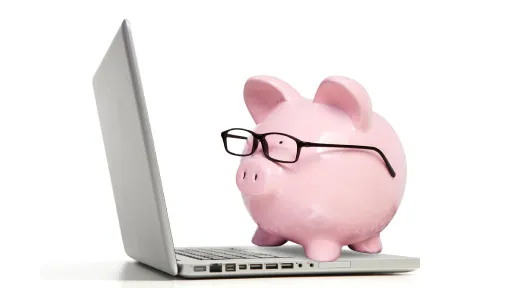In today’s fast-paced financial landscape, understanding how does a credit card work is essential for managing money wisely and building a strong credit history. Credit cards are more than just convenient payment tools; they can empower users with rewards, fraud protection, and financial flexibility. However, without knowing the mechanics behind them, people risk accumulating debt or missing out on valuable benefits.
How Does a Credit Card Work? The Basics Explained
A credit card allows you to borrow money from a financial institution to make purchases or withdraw cash, up to a certain limit. Instead of using your own money instantly, the card issuer pays on your behalf, and you repay later, either in full or over time with interest.
Key Components of Credit Card Functionality
- Credit Limit: The maximum amount you can borrow.
- Billing Cycle: Usually around 30 days, after which a statement is generated.
- Minimum Payment: The smallest amount you need to pay by the due date to keep your account in good standing.
- Interest Rates (APR): Applied to any balance carried over after the payment deadline.
- Grace Period: The time frame when you can pay your balance in full to avoid interest charges.
The Payment Process
When you use your credit card, the merchant sends the transaction information to the card issuer via the payment network (like Visa or Mastercard). The issuer verifies your available credit and approves or declines the purchase. If approved, the amount is added to your outstanding balance.
How Does a Credit Card Work? Understanding Fees and Rewards
Besides the simple borrowing mechanism, credit cards come with features like fees and rewards programs that every user should understand.
Typical Fees Associated with Credit Cards
- Annual Fee: Some cards charge yearly fees for premium benefits.
- Late Payment Fee: Charged if you miss the payment deadline.
- Cash Advance Fee: A higher fee when you withdraw cash using your credit card.
- Foreign Transaction Fee: Additional charges when used overseas.
Reward Programs
Many credit cards offer reward points, cashback, or travel miles as incentives. Users earn rewards based on their spending habits, which can be redeemed for discounts, gift cards, or travel.
How Does a Credit Card Work? Tips to Use It Wisely
To maximize the benefits and avoid pitfalls, consider these smart credit card practices:
- Pay your balance in full every month to avoid interest charges.
- Keep your credit utilization below 30% of your credit limit for a healthy credit score.
- Avoid cash advances due to high fees and interest rates.
- Monitor your statements regularly for unauthorized transactions.
- Choose cards that offer rewards aligned with your spending patterns.
Building Good Credit with Credit Cards
Using your credit card responsibly helps build and improve your credit score, which is vital for future borrowing, such as mortgages or auto loans. Timely payments and low balances demonstrate creditworthiness to lenders.
Conclusion
Understanding how does a credit card work is crucial in today’s financial environment. It empowers you to manage your finances smarter, enjoy rewards, and build a strong credit history while avoiding common pitfalls like high fees and debt. With informed usage, credit cards can be powerful tools for financial success.


